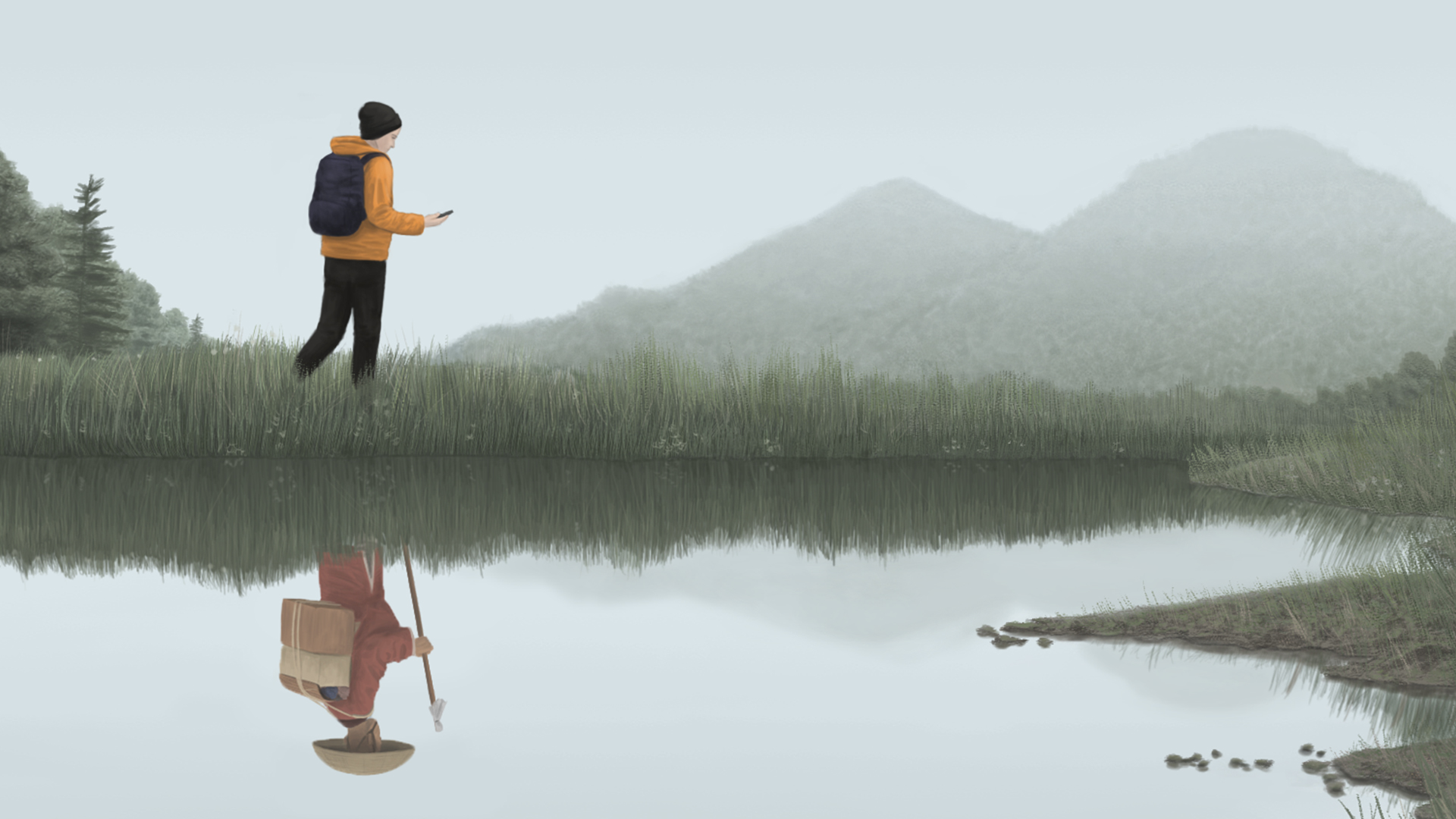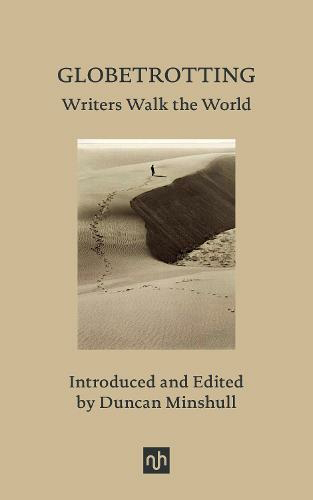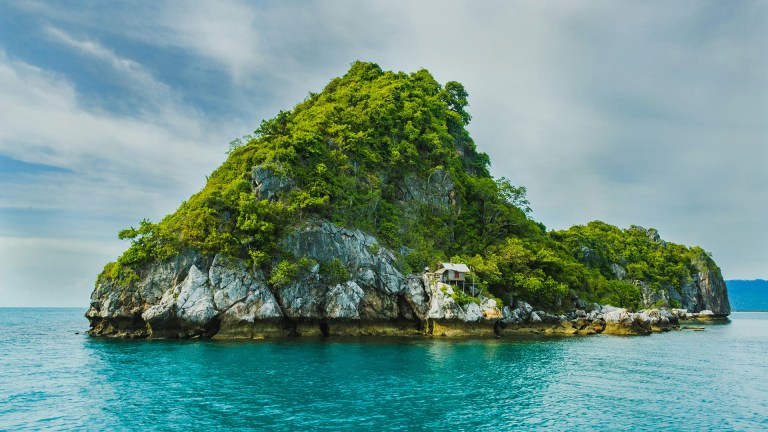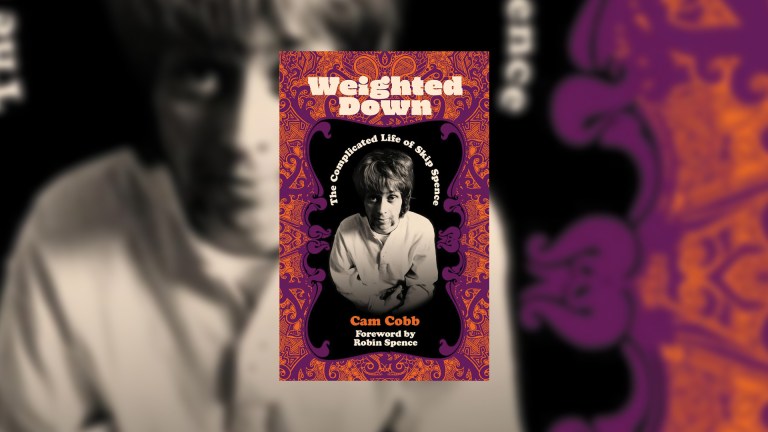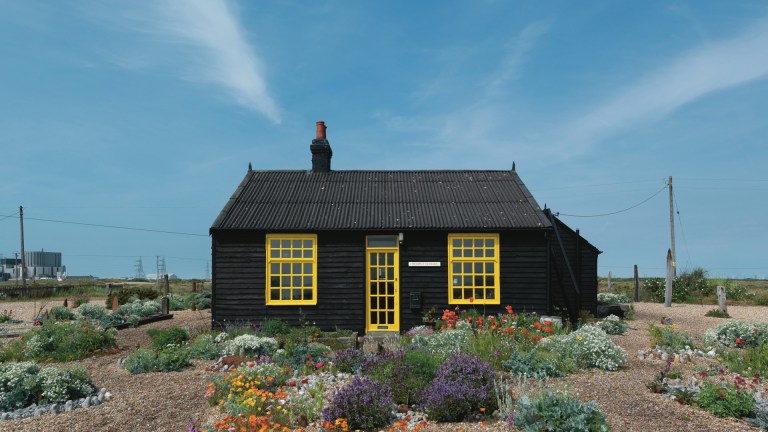Spring is coming, and my London strolls start early. Before breakfast, before the news, and before sitting at a desk all day. The human traffic is low out there, as I open the door in Maida Vale. It’s just after sunrise. Where to, today?
Well, the mood might take me to Hyde Park; to Camden Town along the canal; to Marble Arch down the Edgware Road. Greenish vista or urban edge – to be decided. After an hour I’m circling back with a keen appetite and a clear mind for the work ahead. And usually I’ve made a habit of setting off alone.
Except, in recent weeks, I seem to have gained the company of others. Or the company of other voices. Compelling and often funny voices, telling me why, how, and where to walk. For they are the voices let loose: the 50-odd I guided into a book called Globetrotting: Writers Walk the World.
Get the latest news and insight into how the Big Issue magazine is made by signing up for the Inside Big Issue newsletter
Much has been said about footsteps covering the UK, so I went global with this new collection. Following the accounts of men and women who have traversed different parts of the seven continents. Be it for reasons recreational or necessary, rational or outlandish. And I think the voices stay with me because the best walking stories are universal and lasting; whether from the Bahamas in 1492 or Russia in 1982.
Walking is a great way to see, sense, and stake a claim in the world; we get close to things and things open up on foot. That’s why lots of explorers tread the pages of Globetrotting – how else to record their finds? Charles John Freemont climbs the Rocky Mountains, while Isabella Bird roams the shores of remote Japan. And if he assumes a rather hackneyed pose – hob-nail boots and frosty beard – I still root for polar-explorer Roald Amundsen, who salutes the camaraderie of his men, ready to map out the territories. Hear “much laughter and chaff” over breakfast (cups of hot chocolate), before heading off into the white wastes together. I’ll recall his words when the going gets tough down the Edgware Road.
